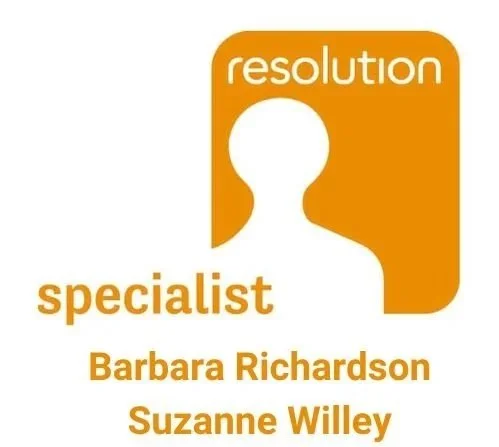When a couple separates, it’s important for each party to fully understand the financial worth of their ex before entering into any negotiations as to the division of marital or partnership assets. So as to provide transparency, and to enable the court to make or approve an order that’s fair in all the circumstances, the parties are required to provide ‘financial disclosure’. Below we look at how this process works and how to minimise the stress involved.
What is financial disclosure?
Financial disclosure is the process where both parties to a marriage or civil partnership are required to exchange financial information in relation to their respective incomes, property and any other financial resources which each has the benefit of. This includes any assets held on both a joint and individual basis, together with valuations, as well as assets acquired prior to, during and even after the marriage or civil partnership has irretrievably broken down.
In some cases, both spouses or civil partners may be fully aware of each other’s financial worth, including any solely-owned assets — whilst in others, one party may have no knowledge whatsoever that particular assets exist, let alone how much these are worth.
How is financial disclosure made?
The parties are legally required to provide full and frank disclosure of their financial and other relevant circumstances, in a clear and accurate way, otherwise risk having an order set aside and being ordered to pay any associated costs. Moreover, if a party is found to have been deliberately untruthful, criminal proceedings may be brought against them for fraud.
This means that, if an agreement is reached the parties have to complete and sign a Statement of information form. However, if a financial court application is made, the parties will be required to complete, and sign with a statement of truth, what’s known as Form E. This is a lengthy and detailed legal document that can potentially run into hundreds of pages long, once all documentary evidence in support has been attached. Needless to say, this process can be daunting, and extremely stressful, when an individual is already having to deal with the emotional fallout from the breakdown of their relationship.
How can the stress be taken out of financial disclosure?
Even though completing Form E is no easy task, the following three top tips should be followed to help ease the pressure when going through this process:
Read Form E carefully: your solicitor can help guide you through this process, although Form E itself sets out exactly what’s required so that you know what to expect. By printing off a copy of Form E, you can make one of these your draft 'to do' list. Once you’ve got all the necessary information, you can print a fresh copy to complete and forward to your solicitor.
Be organised: by starting your ‘to do’ list early, gathering the relevant documents to accompany Form E, you will minimise the stress of meeting any deadline. A great deal of the information required will need to be requested from third parties, such as home and pension valuations, where it can take weeks or even months to receive this information. It’s important that you give yourself plenty of time to prepare what you’ll be required to disclose.
Be thorough: the parties are required to be completely up front about all the assets they own, even if their ex has no knowledge of these. Equally, it’s important not to make any accidental omissions, where there may be significant costs and other consequences for failing to disclose an asset or source of income, even if this was a genuine mistake.
Legal disclaimer
The matters contained herein are intended to be for general information purposes only. This blog does not constitute legal advice, nor is it a complete or authoritative statement of the law in England and Wales and should not be treated as such. Whilst every effort is made to ensure that the information is correct, no warranty, express or implied, is given as to its’ accuracy, and no liability is accepted for any error or omission. Before acting on any of the information contained herein, expert legal advice should always be sought.










